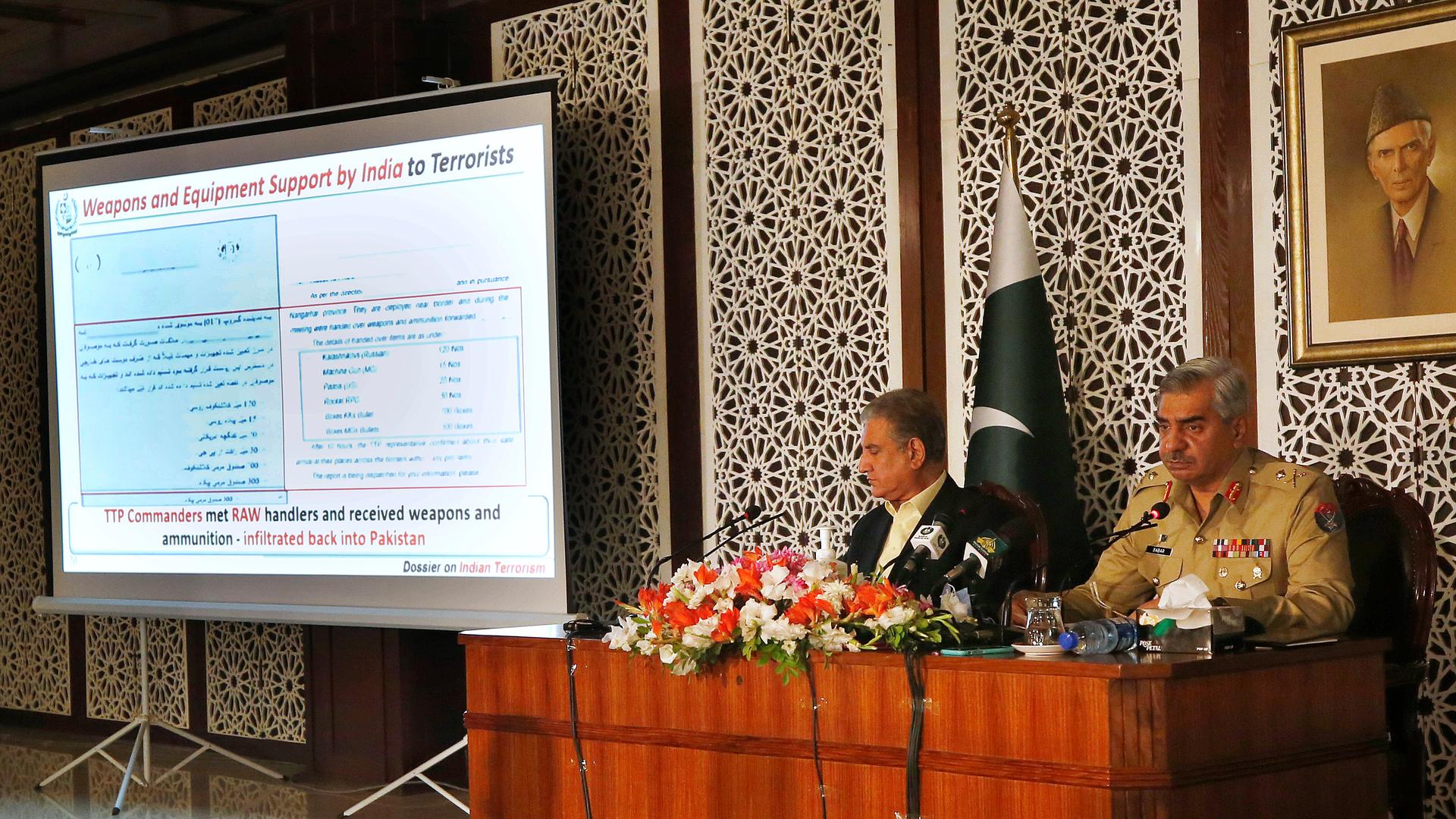China has called for a quick resolution of the Kashmir dispute and security for a crucial economic corridor in Pakistan after Islamabad accused India of conspiring to damage the China-Pakistan Economic Corridor (or CPEC) project by “creating unrest in the country.”
“We are confident that with the support of the international community, China and Pakistan will ensure the smooth and successful building and running of CPEC,” China’s Foreign Ministry spokesman Zhao Lijian said.
CEPEC is a flagship project of China’s mammoth Belt and Road Initiate and last week Islamabad said it has obtained a mountain of “irrefutable” evidence that India continues to finance and execute “terrorist activities” against Pakistan and its economic activities – a charge India has denied.
“China opposes all forms of terrorism and calls on the international community, regional countries, in particular, to carry out counter-terrorism cooperation and safeguard collective security.”
“We also believe that Pakistan will continue to take effective measures to ensure CPEC’s security,” Zhao said, adding India and Pakistan must resolve their dispute over Kashmir “properly and peacefully.”
“China’s position on the Kashmir issue is consistent and clear. It should be resolved properly and peacefully in accordance with the UN Charter, relevant Security Council resolutions, and bilateral agreements,” he said.
Last week, tensions between Pakistani and Indian troops along the de facto border in the Kashmir region resulted in the deaths of at least 15 people, including soldiers on both sides.
Pakistan shares evidence with P5 envoys
Pakistan said in a statement that it has briefed the envoys of the five permanent members of the UN Security Council about its dossier on longtime rival India’s “state sponsorship of terrorism.”
Foreign Secretary Sohail Mahmood said the P5 envoys were informed about the dossier that Islamabad says has documents proving New Delhi met with and funded members of banned Pakistani Taliban or TTP and Baloch militant groups in a bid to sabotage China’s $65 billion CPEC project.
The P5 envoys, the statement read, were apprised of India’s alleged involvement in “planning, promoting, aiding, abetting, financing and execution of terrorist activities” in Pakistan.
READ MORE: Pakistani dossier on Indian terror sponsorship has big implications
Allegations and denials
In a joint presser, last Saturday, Pakistani Foreign Minister Shah Mahmood Qureshi and military Spokesman Gen. Iftikhar Babar played footage and audio of alleged Indian handlers of suspected terrorists.
The duo also claimed to have found “cell phone numbers of bank transactions for the sabotage.”
A day later, Qureshi said, “Pakistan had solid proof that India was trying to create a law and order situation in the country,” adding India had spent billions of rupees for the purpose.
The Pakistani civilian and military leaders said that India’s Research & Analysis Wing intelligence agency was operating a network of agents and training camps through its diplomatic missions in Afghanistan who were financing, training, and equipping militants operating inside Pakistan.
India denied Pakistan’s allegations with a foreign ministry spokesman dismissing them as “fabricated” and “figments of imagination”.
Kashmir, source of tension
The mountainous Muslim-majority Kashmir region is a source of the longstanding conflict between the two nuclear powers.
Kashmir has been divided between the two countries since their angry separation in 1947. They have fought three wars since then.
Armed rebels have fought Indian rule since 1989, which New Delhi calls Pakistan-sponsored terrorism. Pakistan denies the charge, and most Kashmiris call it a legitimate freedom struggle.
Most Muslim Kashmiris support the rebel goal that the territory be united either under Pakistani rule or as an independent country in an UN-backed plebiscite.
Anxiety and anger have deepened in the restive Himalayan region since August last year when New Delhi revoked its semi-autonomous status and brought it under direct federal rule, angering both Pakistan and China.
READ MORE: Pakistan to upgrade status of Kashmir’s Gilgit-Baltistan region










Discussion about this post